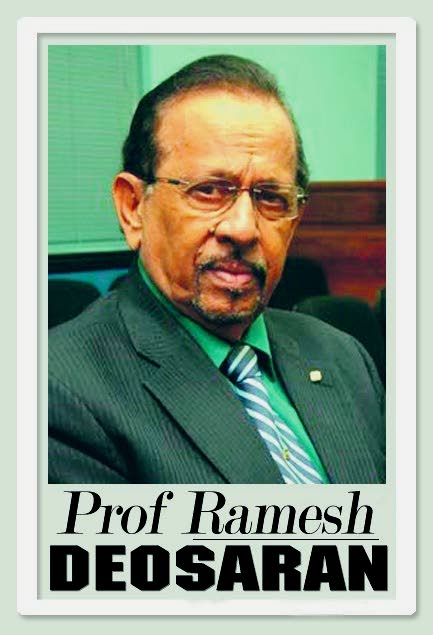Sin of broken promises

A promise is defined as “an assurance that one will or will not undertake a certain action, behaviour, etc.”
An election manifesto is a promise, a social contract. In politics, like in marriage or business, a promise has a sacred place, so much so that if broken, it brings hurt and suffering. As the election campaigns come upon us, this matter of broken campaign promises should occupy the minds of both politicians and the electorate.
I reviewed several manifestos of parties that got into government – particularly in 2010 and 2015. There is a litany of broken promises.
Do broken promises spoil the principle of fair and free elections? Are election manifestos with stylish language and glossy covers just political masquerades? Fake advertising? If what is promised is not delivered without credible explanation? And what about expensive projects not promised in the manifesto?
Listing broken promises could be embarrassing. Rather, the purpose here is not so much to condemn but to warn manifesto-creators to be more careful this time. And the incoming government to display greater integrity. A manifesto of promises is easy to write, especially by those from the university.
At the recent opening of parliament, President Paula-Mae Weekes, while recognising the population’s hurt and everyday inefficiencies, took the Pollyanna route of hope and optimism. However, it is difficult to be optimistic until the politicians themselves recognise the population’s hurt caused by broken promises. It is a sin. Party politics and elections require hard work; good reason for those elected to provide a higher level of public integrity. Keep your promises.
The President said: “Many experts real and armchair, in positions high and low, ‘beset us round with dismal stories,’ they tell us that TT is perilously close to the point of no return – crime, corruption, racism, abysmal public service and an ineffective judicial system.”
Of course, while we can cling on to slogans like “crime is everybody business,” or “look in the mirror” etc, we cannot lose sight of the fact that (1) there are several constitutional institutions that are now broken, (2) a constitution that demands efficiency and accountability from the relevant officials and (3) a population tired of broken promises. The majority of our citizens are quite law-abiding and linked to numerous NGOs. And the partnerships civic groups seek with government often get ignored or contaminated by partisan politics. There is frustration.
Reputable opinion polls have revealed low public confidence in the political system and major public institutions. That was noted in the PNM 2015 manifesto. Promises to reduce crime and improve the education system were made but broken. So much so that Dr Rowley now apologises. UNC leader Kamla Persad-Bissessar asks that her mistakes – failed promises – be forgiven. Broken political promises come from crime, education, infrastructure, water supply, state corruption, campaign financing, etc. Like the president, many still hope for a better future. The fact that broken promises have been tolerated is partly because of party loyalty. Maybe we need party reform too.
For national salvation, the president said that: “We will have to put country first, before self, family, party, tribe.”
How, when over the years the population has been so demoralised by one set of broken promises after another? In our democracy, the inspiration and leadership must come from our elected politicians and public institutions. That’s where the treasury and laws reside. That is what democratic government is all about.
But when you have a situation where politicians and higher-ups seem to be taking care of themselves first, how will ordinary citizens put “country first,” especially in hard times?
For purposes of political integrity, every person now intending to fight the elections should first check the salary and other terms of office.
Once again, there are loud promises. And once again, we hope.
Poor Stuart Young. I wish him well. After all, his success will be for the country’s benefit. But the correct formula is still missing.
The United National Congress (UNC) is yet to demonstrate its capability.
In fact, whatever the promises, whichever party wins the next elections, crime and public safety will still be our No. 1 problem. Maybe we really need the Pollyanna spirit and even herculean strength to pull us out.
That is, if we can first get the sins of broken promises out of the way.

Comments
"Sin of broken promises"